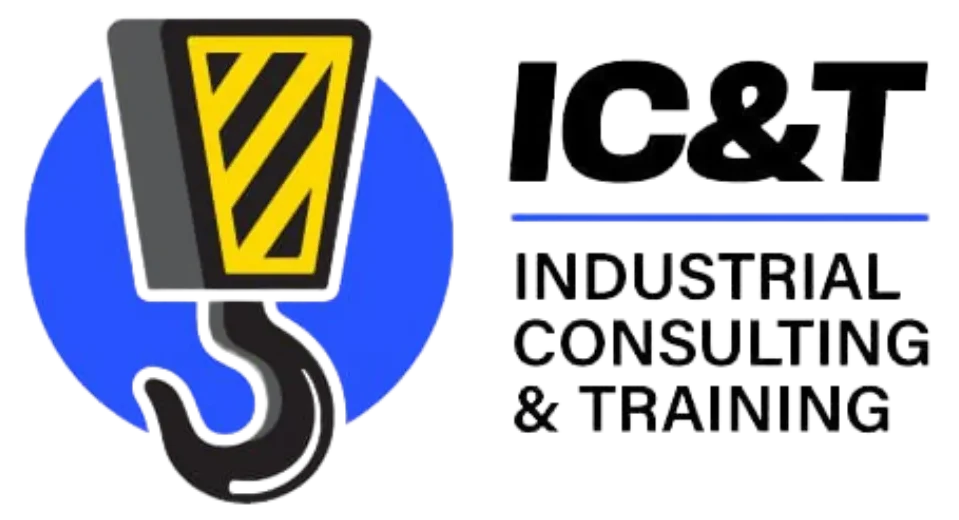Understanding the Importance of NFPA 70E Compliance
Is compliance with NFPA 70E certification mandatory for businesses? This is a common question among organizations dealing with electrical hazards.
NFPA 70E certification is not legally required. However, dismissing it can pose serious risks. Workplace safety may be compromised. Regulatory compliance may also be affected.
Though not a law, NFPA 70E certification training provides critical guidance. It helps protect employees from electrical hazards. These hazards include arc flash incidents, which can be deadly.
Many companies voluntarily follow these guidelines. Doing so enhances safety. It also reduces liabilities. Additionally, it aligns with Occupational Safety and Health Administration (OSHA) standards.
What is NFPA 70E, and Who Does It Apply To?
NFPA 70E certification is a national consensus standard. It outlines best practices for electrical safety.
It covers safety requirements for several areas, including:
- Installation of electrical conductors and equipment.
- Operated and maintained electrical systems.
- Demolition of electrical equipment.
- Signaling and communications equipment.
- Electrical raceways are used in different industries.
However, it does not apply to certain industries. These include:
- Ships and watercraft.
- Mining installations.
- Railway power systems are used exclusively for rolling stock.
- Communications equipment under the exclusive control of utilities.
- Transmission and distribution work performed by electric utilities.
Despite these exemptions, many businesses can still benefit. Industrial, commercial, and manufacturing sectors should consider NFPA 70E certification training. It helps prevent injuries. It also reduces the risk of fatalities.
NFPA 70E and OSHA: Understanding the Connection
OSHA does not directly mandate NFPA 70E certification. However, OSHA regulations require employers to identify workplace hazards. They must also implement protective measures to reduce risks.
Failure to comply with OSHA’s safety standards often results in citations. In such cases, NFPA 70E certification training is referenced as the expected industry standard.
Common OSHA citations include:
- 29 CFR 1910.335(a)(1)(i) – Requires employees to use protective equipment. This applies when they are exposed to potential electrical hazards.
- 29 CFR 1910.132(d)(1) – Mandates that employers assess workplace hazards. They must also provide personal protective equipment (PPE).
Although NFPA 70E certification is not a law, it is highly valuable. It serves as a practical guide for businesses. It helps them achieve OSHA compliance.
Why Businesses Should Follow NFPA 70E Voluntarily
Many companies have seen significant improvements in safety. Voluntarily adopting NFPA 70E certification training helps protect workers. It also prevents compliance issues.
Reducing Workplace Accidents and Injuries
Electrical hazards, especially arc flash incidents, pose serious risks. Following NFPA 70E certification training ensures proper safety measures. Employees receive PPE and training to minimize dangers.
- Example: A large manufacturing plant implemented NFPA 70E certification. They introduced arc-rated clothing. They also conducted routine hazard analyses. As a result, electrical accidents decreased by 60%.
Minimizing OSHA Citations and Legal Liabilities
Employers who fail to meet OSHA’s safety standards face penalties. They may also face lawsuits. Adopting NFPA 70E certification can help prevent such risks.
- Example: A Fortune 500 company avoided OSHA fines. It provided proof that employees had completed NFPA 70E certification training. Workers were equipped with PPE and proper safety knowledge.
Enhancing Employee Confidence and Productivity
When employees feel safe, productivity increases. NFPA 70E certification training educates workers on best practices. It also fosters a culture of safety.
- Example: A federal laboratory introduced NFPA 70E certification. Electrical incidents decreased significantly. As a result, downtime is reduced. Efficiency improved.
Cost Savings Through Risk Management
Workplace injuries lead to high costs. These include medical claims, downtime, and equipment damage. Implementing NFPA 70E certification training reduces these risks.
- Example: A utility company enforced NFPA 70E certification protocols. Employees completed hazard assessments before performing electrical tasks. The company saved millions in workers’ compensation claims.
Key Requirements of NFPA 70E Certification
To effectively implement NFPA 70E certification, businesses should focus on key areas. These include:
- Flash Hazard Analysis – Identifying arc flash risks. Determining the necessary protective measures.
- Personal Protective Equipment (PPE) – Providing employees with flame-resistant clothing, gloves, and face shields. Ensuring PPE matches the work environment.
- Electrical Safety Training – Conduct NFPA 70E certification training. Ensuring workers understand hazard mitigation procedures.
- Lockout/Tagout (LOTO) Procedures – Preventing accidental energization of equipment. This applies during maintenance.
- Regular Safety Audits – Assessing workplace safety practices. Updating procedures as needed.
Conclusion
Although NFPA 70E certification is not legally mandatory, it is crucial for safety. Businesses that adopt NFPA 70E certification training protect employees. They also improve compliance. Additionally, they reduce legal risks.
For expert guidance on NFPA 70E certification training, IC&T provides tailored safety solutions. Contact us today to enhance your workplace safety program.


